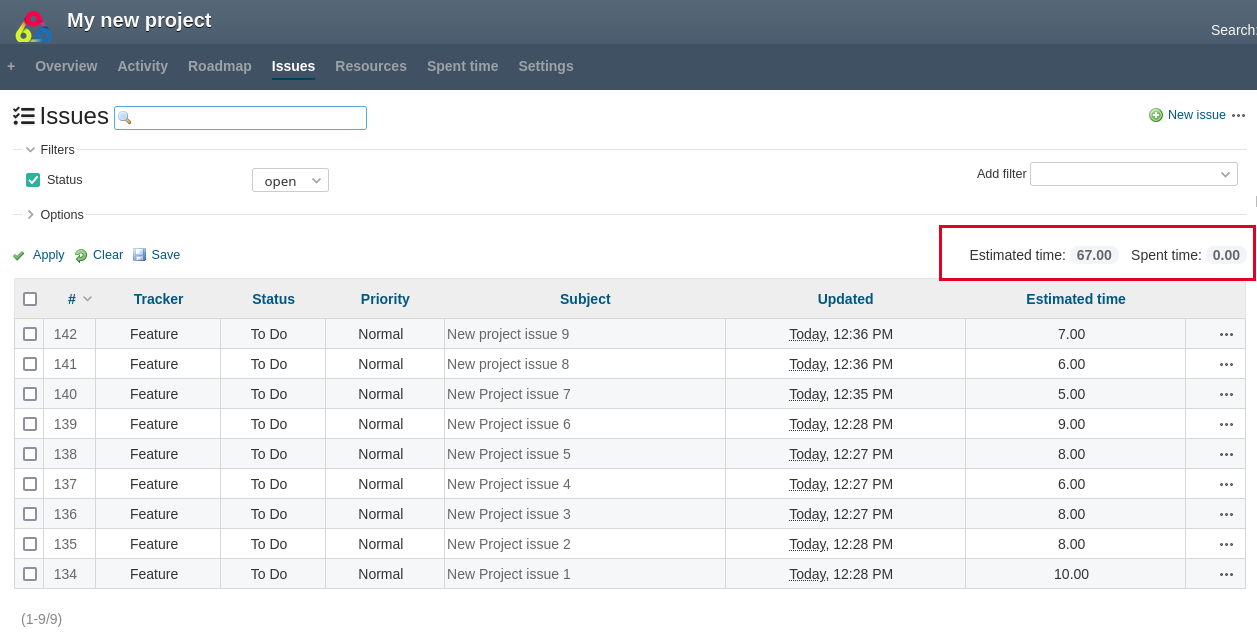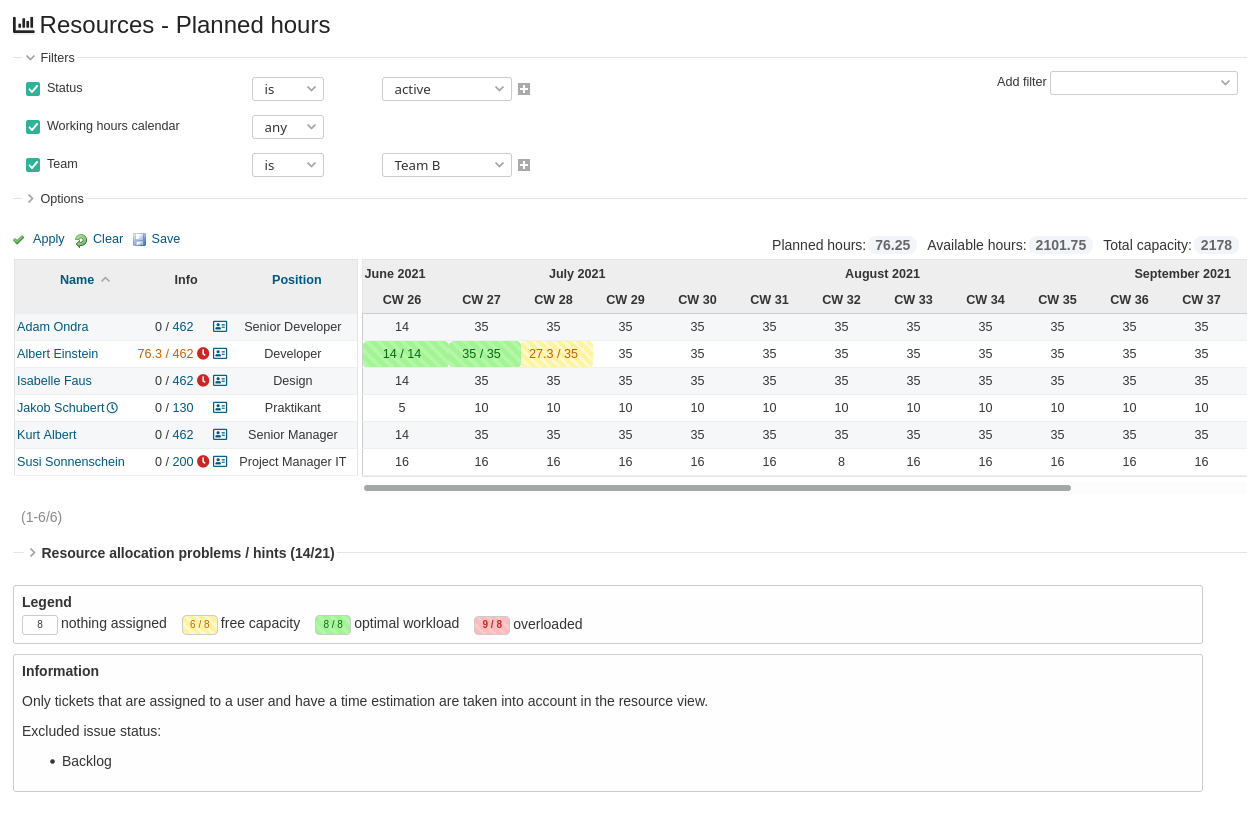After each sprint planning meeting, you usually walk out with tasks for about two weeks. Depending on the team size and velocity, this means in many cases a task volume of about 6 hours per day on 5 days a week per project member. That means 60 hours per team member per sprint. With a team of 5, this quickly adds up to 300 hours of ticket work.

Escaping the typical planning horror in agile teams
Not a big deal in itself, if it weren’t for the usual agency workday. Every day you are confronted with new (urgent) tasks if you are not careful.
And even if you manage this situation, it’s actually not uncommon for an agency employee to work on multiple projects. Which means this team member won’t be able to focus 100% on your project. Which in turn means for you as a project manager, you have to distribute the tasks in such a way that also the arising activities of the employee in other projects are taken into account.
As a rule, even a 14-day planning schedule is quite time-consuming for you, as soon as you or people from your team are involved in several projects at the same time. And if you have to take care of other tasks as well. For example because a colleague has just dropped out and some of the tasks have to be temporarily taken over by you. And what about holiday season, sudden illness or other absences (scheduled or not)?
If you start to meticulously consider all eventualities manually, it will be difficult to get you out of the microcosm of project planning.
Besides: this has not much to do with agility. One major challenge in controlling agile projects is that you should keep the “administrative” project effort as low as possible.
Self-management instead of micromanagement is the key
With conventional tools that are used in classic project management, it will be difficult to avoid micromanagement. Start using tools, that promote self-management. Only adjust manually when absolutely necessary.
The Redmine HRM Plugin is such a tool for Redmine. It is ideally suited for agile project teams working with Redmine as project management software. The AlphaNodes HRM Plugin comes with implemented rules for resource calculation that allow to determine the allocation of issues in such a way that:
- work velocity,
- issue priority,
- estimated time for a task,
- as well as the distribution of employee resources across multiple projects
are taken into account by default in Real-Time (during planning).
This it where this plugin makes a different than other tools for Redmine, currently on the market. Our goal right from the beginning was: to counteract the time-consuming micromanagement in project planning and to focus more on self-management.
The rules apply to the Resource View of planned-hours and are valid for the three areas:
- Cross-project resources
- Project related resources
- User related resources
Criterias, that an issue is displayed or considered in the resource view are:
- it has been created in an open project
- it is assigned to an internal Redmine user
- it is in a issue status that was not excluded from resource planning
- it has a time estimation on how long it might take to finish the task.
As a project manager you only need to manually intervene if certain tasks seem more important to you and should be brought forward. The HRM plugin automatically allocates the available issues of involved Redmine users in the given time frame of your sprint.

The Sprint planning must be realistical. Don’t stuff your issue list with too many task for your sprint. Choose wisely.
This is something to keep in mind when planning sprints:
- Schedule only as much as you need. It’s better to have less than too much.
- Shorter sprints are better than long ones (e.g. 2 weeks).
- A release plan gives a good overview and can be mapped with the roadmap.
- Gantt charts can also give an overview, but do not have the same value in agile projects as resource planning that can be used in agile, which takes into account velocity as well as registered attendances/absences and other project activities.
- The project team plans its tasks. Not the project manager.

Keep track of your project progress
In the resource planning, all issues are listed that:
- have been assigned to an internal user
- have been given a time estimate
- are in a status that is not excluded.
- have been assigned to the sprint of your choice.
Conclusion: Using Redmine HRM to optimize teams and resources
Management of Resources in Redmine can be effortless with the right resource management tool like this one. Redmine HRM may only be one piece of the pie, but it provides a better experience in Redmine when it’s time to do project management and project planning as easy as possible.
Test the functionality in our online demo. Resource planning is just one part of this great plugin. There is also an option for vacation planning and of course attendance tracking.
